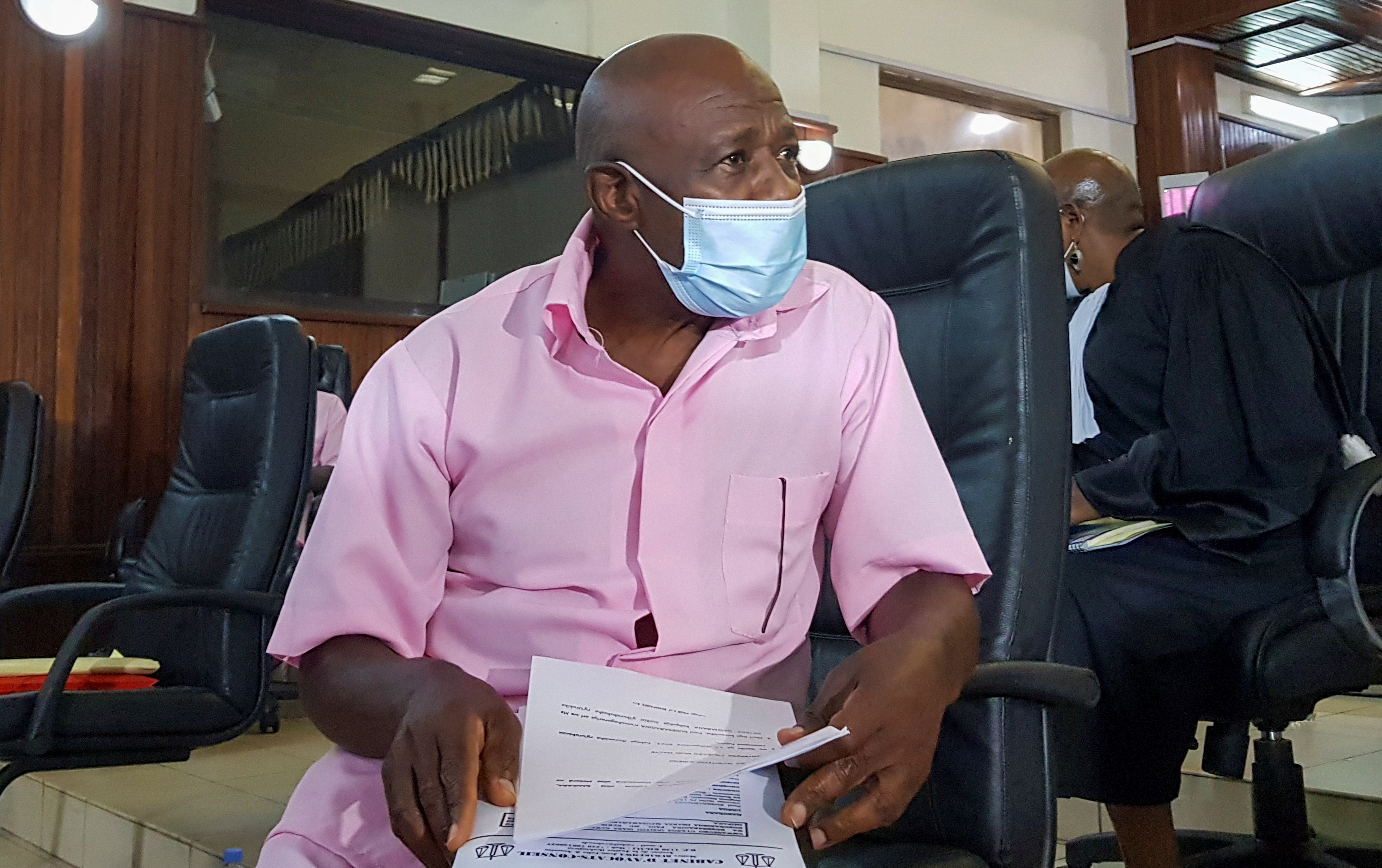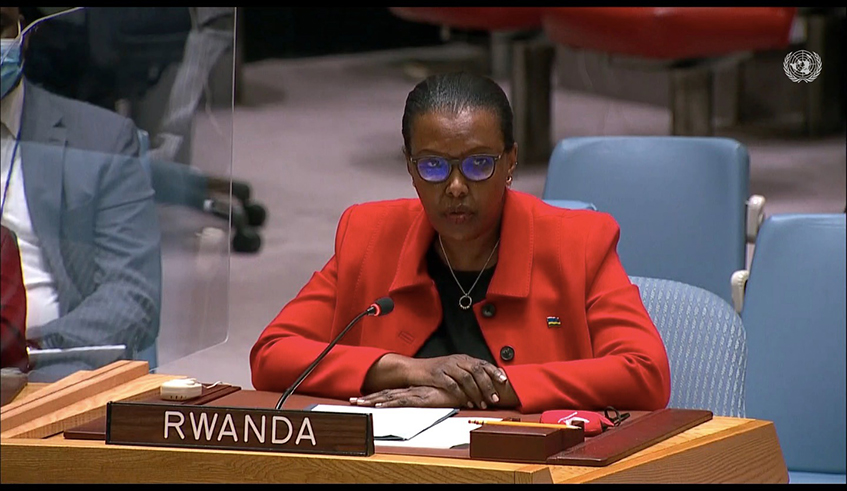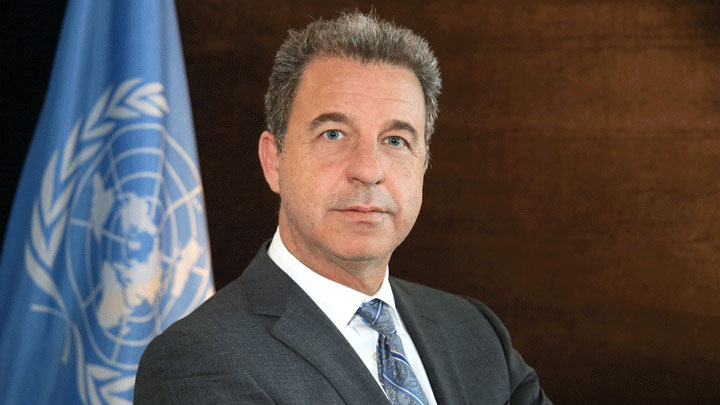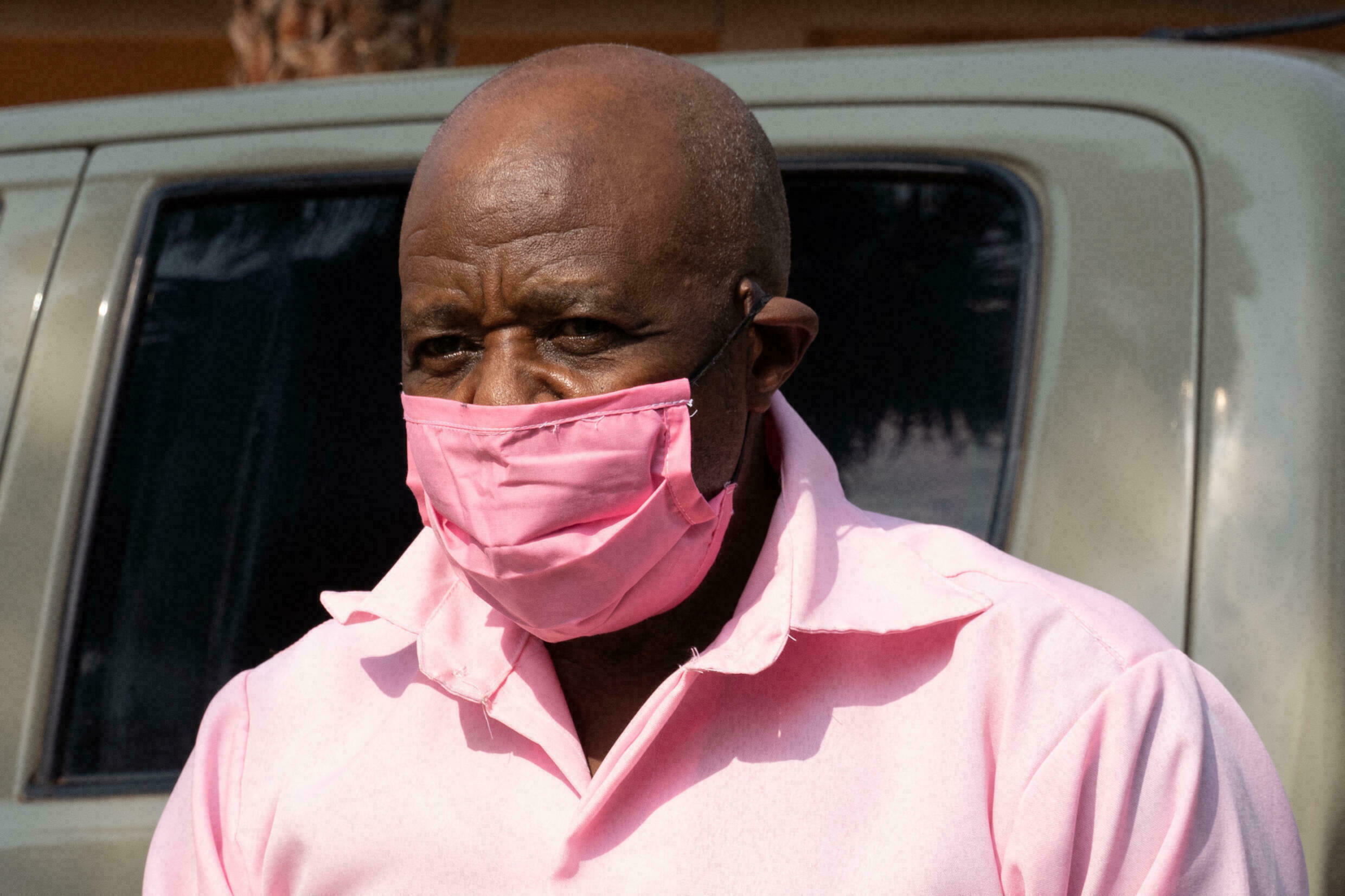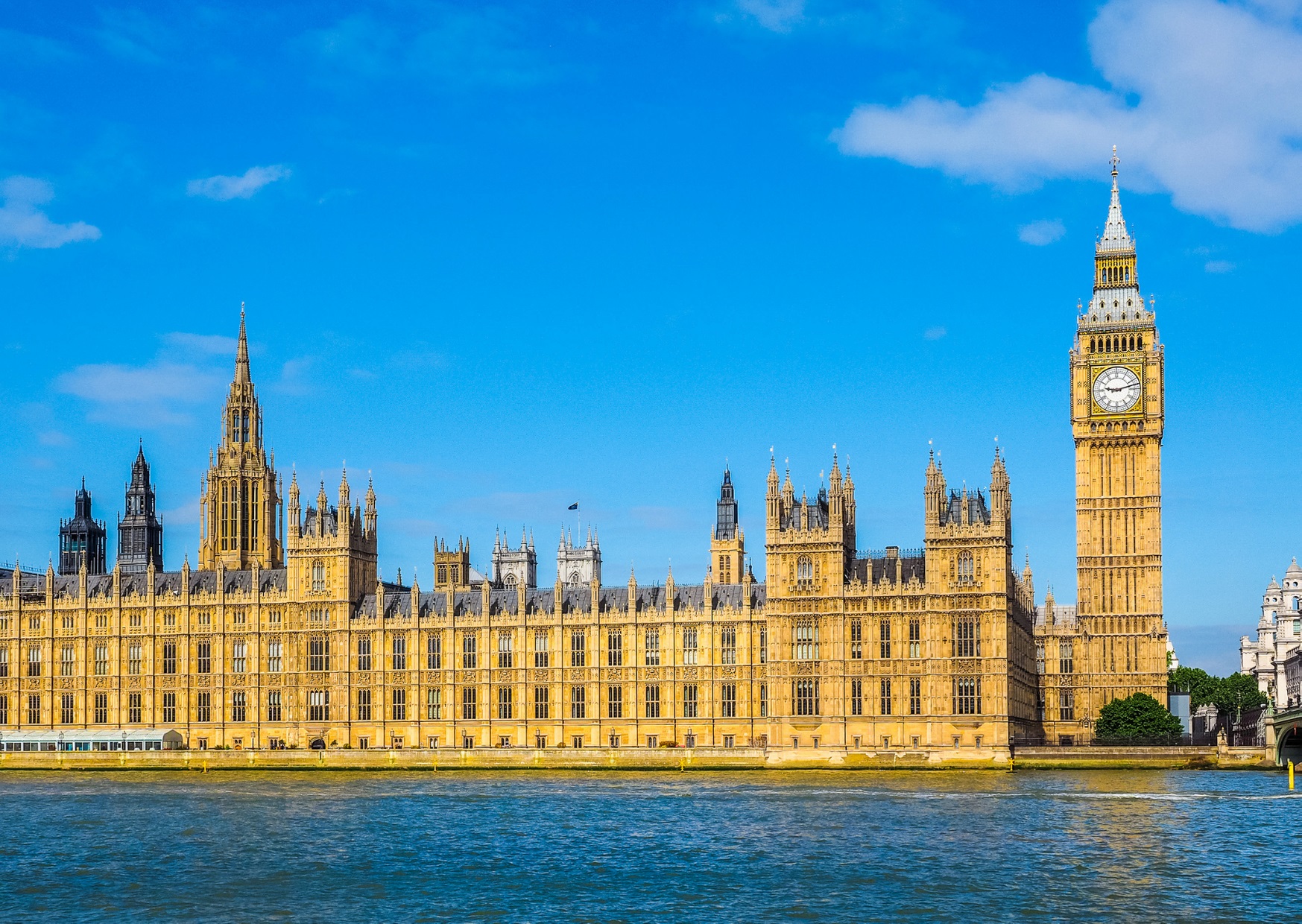International
The Guardian ‘mercenary’ journalism used by Rusesabagina lobby to challenge his sentence

It
doesn’t take too much persuasion by any anti-Rwanda government propaganda machine
or cause to talk Peter Beaumont into writing some poorly argued anti-President
Paul Kagame narratives that tell stories about Rwanda in articles which The
Guardian newspaper – in its ubiquity of racially-based biases – always
publishes without any concern for soundness and accuracy.
Beaumont,
60, is a British journalist who is the foreign affairs editor of The Observer newspaper
and also writes for its sister paper, The Guardian.
With
Beaumont’s recent profile-raising article of the #FreeRusesabagina cause, “Hotel
Rwanda hero to terrorist ‘show trial’: Paul Rusesabagina’s daughters on the
fight for his freedom” (The Guardian, 21 December 2021), which
sought to promote the visit of the daughters of Paul Rusesabagina in London “to
lobby” for their father’s release, The Guardian demonstrated, again, the
mercenary approach of Western journalism. The latter allows itself to be used
by the PR team of a convicted criminal who was turned into a hero by the West
in total disregard of facts and continues to be regarded as a ‘humanitarian’ in
spite of his crimes.
The article
on Rusesabagina daughters’ lobby meant to force Rwanda to free him came after Beaumont’s
sanitization of Victoire Ingabire, an associate of the FDLR terror group based in
the DRC. He described her as a “prominent Rwandan politician” (Observer, 18
July 2010), and more recently, there was his review of Michela Wrong’s book, which
he described as “one of the most far-reaching historical revisions of Kagame
and his regime” (published in The Guardian, 19 March 2021) despite Wrong’s
references to only anonymous and unreliable or discredited sources in her
attempt to change historical facts around the 1994 genocide against the Tutsi based
on her personal bias, self-interest, and irrational emotions.
Beaumont
who seems to be always on standby whenever duty calls to smear Rwanda and
President Kagame was at it again, this time drawing a veil over the crimes of Rusesabagina,
the founder, leader and main financier of the FLN armed group, who is on record
urging his troops to “use any means possible to bring about change in Rwanda.”
For arguments of his promotional chronicle of
Rusesabagina daughters’ “lobby” for their father’s release, Beaumont delved
into the “heroism” of Rusesabagina during the 1994 genocide against the Tutsi.
He prioritized the sophistry around the operation to lure Rusesabagina to
Rwanda or details about the trial proceedings. But throughout the article, Beaumont
avoided to mention Rusesabagina’s own recognition that “FLN
killed people,” and his request for “forgiveness to the families of [FLN] victims.”
Beaumont has the right to see no issue with Rusesabagina's
attempt to overthrow a legitimate government in Africa that he does not like.
Similarly, Beaumont and other hired mercenary lobbyists can attempt
their spin, distortion, or attempt to prioritize procedural details over
justice for the victims of FLN terrorism in Rwanda, but they would still find it hard to deny
Rusesabagina’s personal role in
establishing the FLN, funding it, and plotting its terrorist attacks.
Beaumont’s article which is a graphic representation of
The Guardian mercenary journalism was echoed by some British MPs whose parliamentary
show in support of Rusesabagina sidestepped the substance of the court case, particularly
the merit of the charges and the evidence presented in court, including the
compelling testimonies of FLN survivors or the revelations made by Dr. Michelle
Martin, an American academic who once worked at Rusesabagina’s foundation.
There is also the material evidence provided through judicial cooperation by
the US and Belgian judicial authorities.
Beaumont
and Co.’s hostility towards Rwanda’s leadership, combined with the logic of
mercenary journalism that promotes Rusesabagina because Hollywood portrayed him
as a ‘hero’, and lobbyists succeeded to brand him a “Kagame critic” or a
“humanitarian”, have driven many in the West to confuse efforts to hold genocide
suspects accountable with a favor to President Kagame whom they consider a deviant
as he doesn’t seek their acceptance.
Otherwise,
if Beaumont was really concerned about human rights violations in Rwanda, his
enthusiasm would have been extended to the cases of genocide fugitives who have
lived freely in the UK, under his country’s protection, over the past 20 years.
But,
maybe we have to face the facts that Beaumont’s enthusiasm for any anti-Kagame propaganda
is an integral part of the crisis that has been brewing for decades such as illustrated
by Brexit, the migrant crisis
and the rise of nationalism in West
“democracies” where “journalism” is increasingly dispensed with
ethics towards foreigners or non-Europeans.
Nevertheless,
if Beaumont can convince
himself that Rusesabagina’s supposed heroism or alleged criticism of President
Kagame is a shield against criminal responsibility, then he should acknowledge that his journalism which erases the innocent
people killed during Rusesabagina’s FLN attacks is either disgracefully
unprofessional or professionally mercenary.


